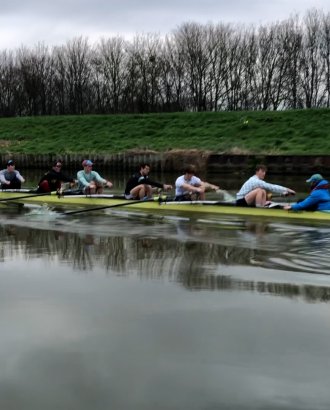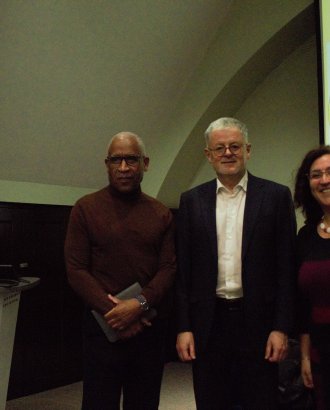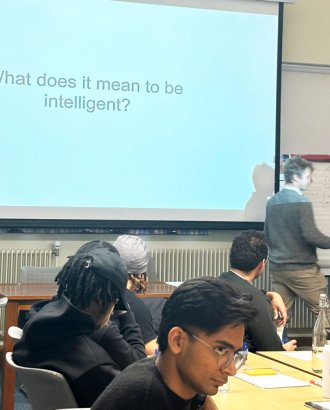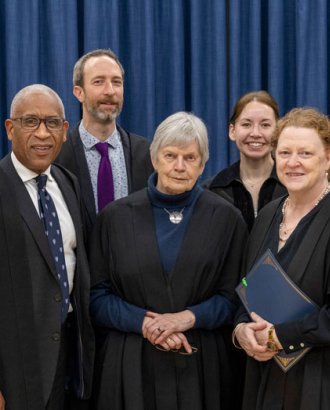At Homerton, we care passionately about the environment and recognise that urgent action is needed to address the effects of climate change.
We have an active Environment Committee and encourage all our members – whether Fellows, students or staff – to support our sustainable initiatives. Our environmental policy details how our members are rising to this challenge. We proactively work to reduce the College's carbon footprint, minimise single-use plastic and increase recycling. We are proud to have attained Gold Standard in the Green Impact Initiative 2018, a student-led initiative with the Assistant Bursar’s support.
Homerton College Environmental Society
The Homerton College Environmental Society is a student-led body that works closely with the College on sustainable initiatives. They engage directly with fellow students to promote green events, lectures and campaigns, both in College and the wider community.
The society meets regularly and produces a newsletter with all the latest environmental updates. They have a lively social media presence and organise events such as Homerton Green Week. The College works closely with the environmental society and recently partnered with them to purchase equipment for a biodiversity study.
The Homerton Environmental Society aims to get students involved in sustainability and environmental issues. We have in the past year helped to highlight the negatives of compostable containers, organised a very successful Green Week and revived the student allotment. Our current focus is a biodiversity survey of the College grounds.
James Burrows, President of Homerton's Environmental Society
Our key sustainability initiatives
Responsible investment
Our Investment Committee through the management of the College investment portfolio by Rothschild & Co monitors investments held both directly and indirectly in fossil fuels. With no direct exposure to investments in fossil fuel industries and less than 0.5% through funds, the College’s investment portfolio is already achieving many of the milestones set by the University.
Energy use and degasification
A major focus for the College is the reduction in its energy use derived from fossil fuels. Over the past three years we have undertaken a number of initiatives:
- LED lighting in car parks, study spaces, the library, student accommodation and all new buildings
- Installed ground source heat pumps (GSHP) to provide heating and cooling for our North Wing and the new College dining hall
- Invested in equipment linked to the Building Management System to assist with control and reporting of energy use
In addition, all Cambridge colleges have signed a 3-year electricity agreement with two companies that derive energy from 100% renewables.
Homerton has also commissioned Skelly & Couch to undertake an estate wide environmental evaluation to consider:
- Building energy use
- Feasibility of elimination of gas as an energy source
- Generation of energy from existing PVs
- Electric vehicle charging provision
Catering in a sustainable way
The sustainable food policy at Homerton includes a wide range of initiatives including:
- environmentally friendly waste disposal
- encouraging our suppliers to minimise their negative environmental and social impacts
- helping to raise employee awareness of sustainability issues
Taking care of the Homerton gardens
The Homerton gardens are a hidden gem in Cambridge. As well as providing a peaceful backdrop for scholarly study, they are an undisturbed natural habitat for the local wildlife. We also have several large conservation areas with a variety of plants – and a pond – to encourage biodiversity.
We have 550 trees here at Homerton which – along with other plants – absorb carbon dioxide and release oxygen. Soil erosion is also decreased as they slow the flow of water, providing an anchor with their roots. Our gardening team monitor their health regularly and carry out any necessary maintenance. Once a tree reaches the end of its life and is felled, it will always be replaced with another one.
By harnessing the expertise and enthusiasm within their membership, Colleges can serve as ‘living laboratories’ for solutions to the pressing challenges, such as the transition to net zero.
Achieving sustainability objectives requires leadership at all levels and colleges are uniquely placed to benefit from and equip future leaders. As significant developers and managers of estates, there is also the opportunity to make positive contributions through responsible management of day-to-day activities. I am heartened that Homerton chooses to set its sights on joining the ranks of the most progressive colleges by taking seriously its sustainability responsibilities.
Dr Theo Hacking, Homerton Fellow and Director of Studies in Engineering
Testimonials


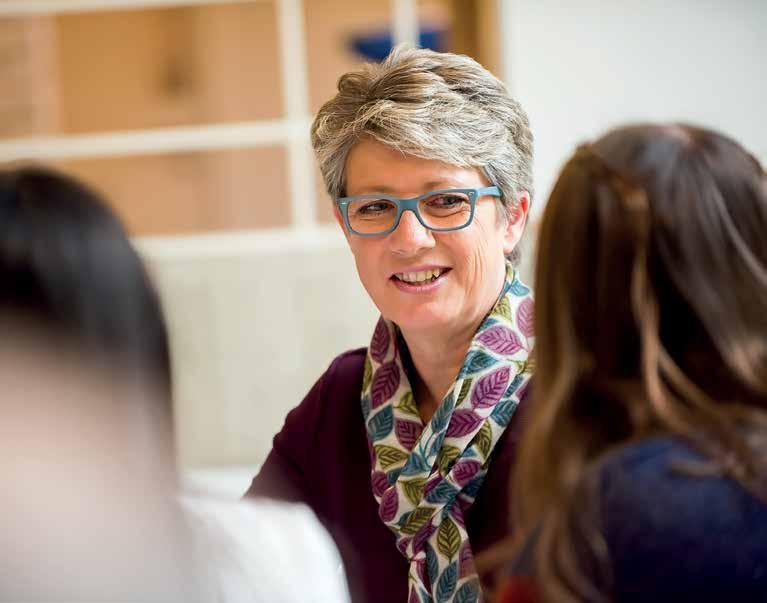

Changemakers has introduced me to a community of wonderful and inspiring people. Each Changemaker event I have attended has left me feeling energised and excited to tackle the big challenges our world is facing today. Having the right values, tools, attitude and people on my side has emboldened me to champion radical positive change.
"Homerton Changemakers is a brilliant and necessary invitation for us to raise our game as humans. To explore how to draw new maps for a world with a future.”
Our Directors of Studies, Tutors, Student Union and Support Staff provide unparalleled support during your time here and long after you graduate. You are a Homertonian for life.
Cambridge is famous for rigorous academic lectures, seminars, supervisions and practical sessions. At Homerton, we aim to provide all of this and so much more.

